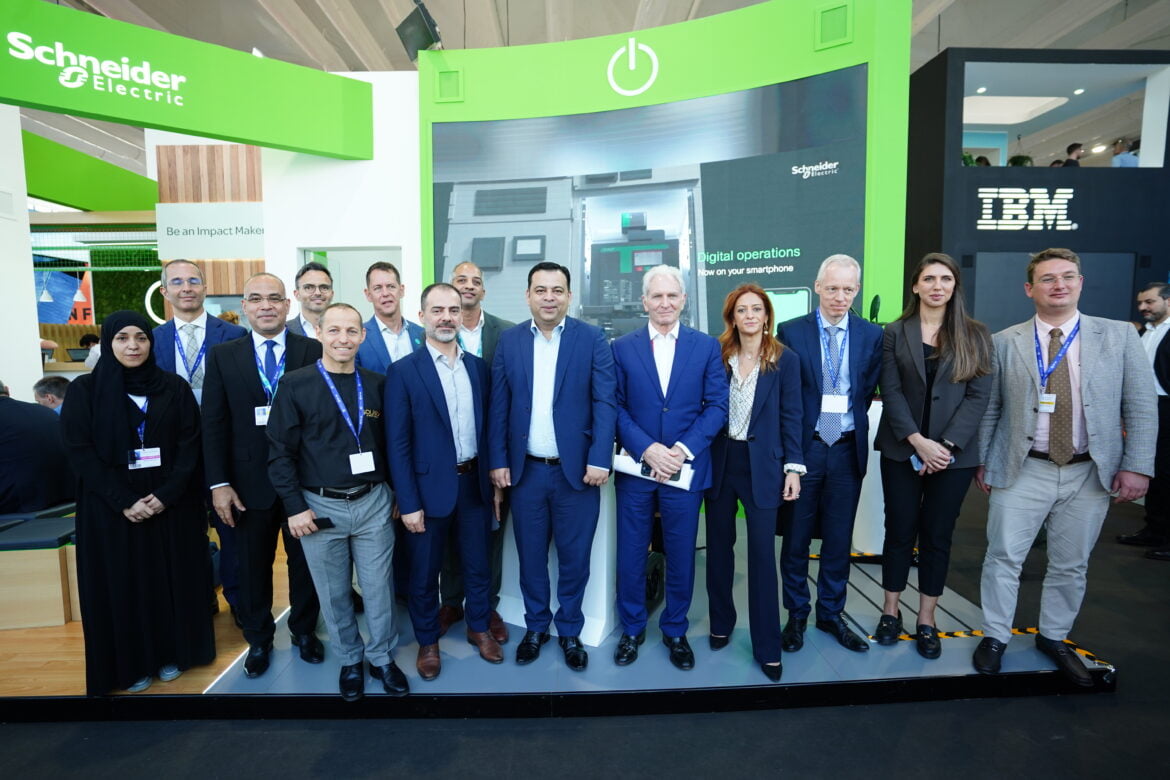Launched by the Schneider Electric™ Sustainability Research Institute (SRI), in coordination with the Clean Energy Business Council (CEBC), the ‘Climate horizon: Opportunities for a greener world in the Middle East’ report looks into the decarbonisation of the Middle East by 2060.
Emphasising the importance of accelerating climate action and the imperative for a just transition, the report outlined that the pathway toward net zero must not come at the expense of continuous economic development and respect “every regional particularity and trajectory toward development and wealth.”
The report explores two future perspectives for decarbonising the Middle East by 2060.
The first is the Net Zero Scenario, which looks at the current commitments from several countries of the Gulf region to reach a net zero economy by mid-century.
It explores the role that transformations on the “demand side” of the energy system (energy services) can play in such a pathway.
The second is the New Future Scenario, which assumes a more rapid development of new energy services than traditionally anticipated, stemming from both faster technology development and supportive policymaking.
The report concludes that as the economy modernises on the back of new technologies now available, it decarbonises, with an accelerated decoupling between emissions and economic wealth.
It highlights that policies driven by regional governments are more supportive of innovations captured in “New Future” which enables a more rapid scaling up of new services and technology.
The report also found that around two-thirds of final energy demand comes from three sectors of economic activity: buildings, road mobility, and manufacturing.
Clean hydrogen, nuclear energy, and water infrastructure also heavily influence energy demand; each will be additive to energy production as technologies develop.
Full the full report, follow this link: https://www.se.com/ww/en/insights/sustainability/impact-company/climate-horizon.jsp




